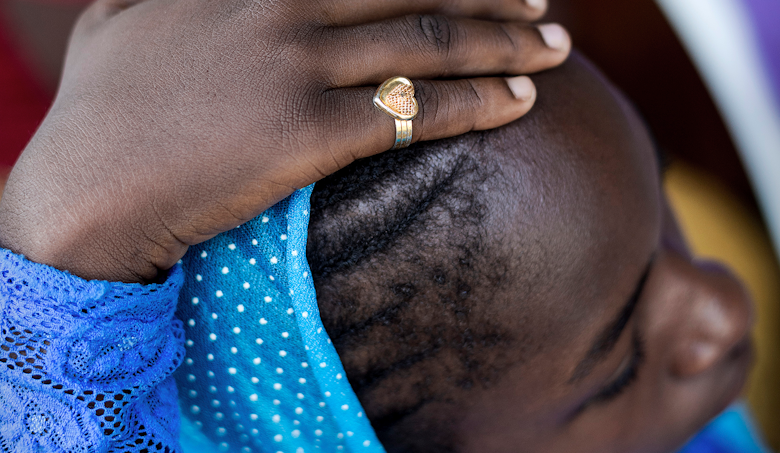Burkina Faso
Latest news
Annual report 2023
In 2023, we collaborated with many stakeholders to work with us towards our ultimate goal; stopping child expl…
The Global Research Agenda
On February 1 2024, the Terre des Hommes Netherlands Global Research Agenda was launched, which will guide our…
Annual report 2022: concrete results for children
Thanks to the support of donors, in collaboration with partners and the commitment of volunteers and staff, Te…
Annual report 2020
Without a doubt 2020 is the year of the corona pandemic. And yet there is much to be proud of!
Belem Azéta temporarily at home in Burkina Faso
Belem Azéta is 24 years old and lives with her 3 children temporarily in Burkina Faso due to the conflicts in…
Annual report 2018
Thanks to your support, in 2018 we were able to work on tackling child labor in the mica mines in India, child…
Protecting children and their families
In Burkina Faso there are 900,000 people in need out of which 46% are children. And many of them being in contact with violence and disruption of their daily lives are faced with fear, trauma, anxiety and others.
That is why in our recently finished Burkina Faso Joint Response programme we provided awareness sessions on child protection and gender-based violence to more than 25,000 people, psychosocial support to 8,700 community members, as well as set up 5 child friendly spaces in which nearly 8,500 children benefited with emotional support and informal educational activities.
Strengthening the health structures
Our health activities within the Burkina Faso Joint Response included mobile teams providing free primary health care, including pre and post-natal care, to those in harder to reach areas. We also helped strengthen the local health system, as well as treatment of severe cases through donation of medicine and medical supplies.
In partnership with the European Civil Protection and Humanitarian Aid Operations (ECHO), Terre des Hommes works to improve capacities of the local health facilities in preparedness and response to disasters in the North of Burkina Faso. In this project we deploy an innovative surveillance system developed by Terre des Hommes Foundation, that will help health facilities to anticipate seasonal risks and provide rapid and appropriate responses in the event of disasters.
Covid-19 response
In 2020 and 2021 Terre des Hommes will also respond to the Covid-19 needs in Burkina Faso in partnership with ECHO.
The project will intervene in 260 health facilities to strengthen the prevention and care of Covid-19, access for the most vulnerable populations to quality primary health care and access to improved hygiene and sanitation conditions.
Support will be given through the establishment of case triage areas based on a digital tool, HR, equipment and logistic support. And water and sanitation rehabilitation of health centers.

